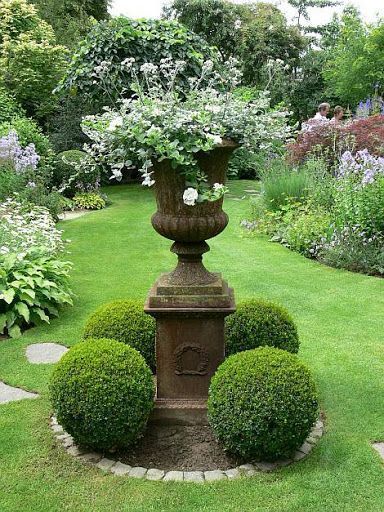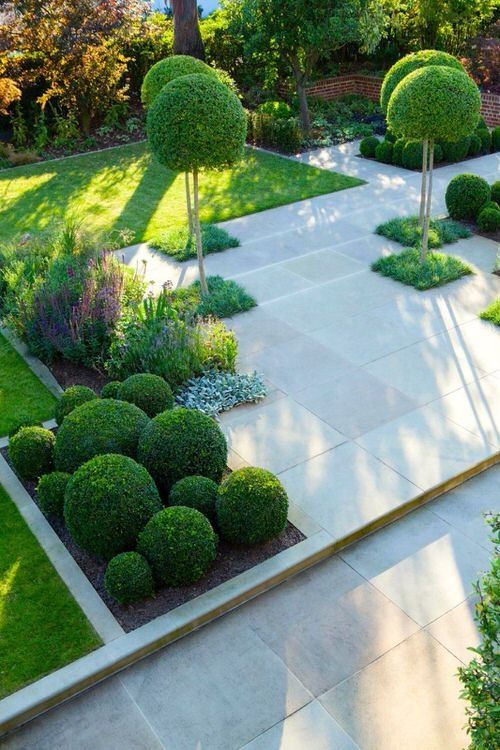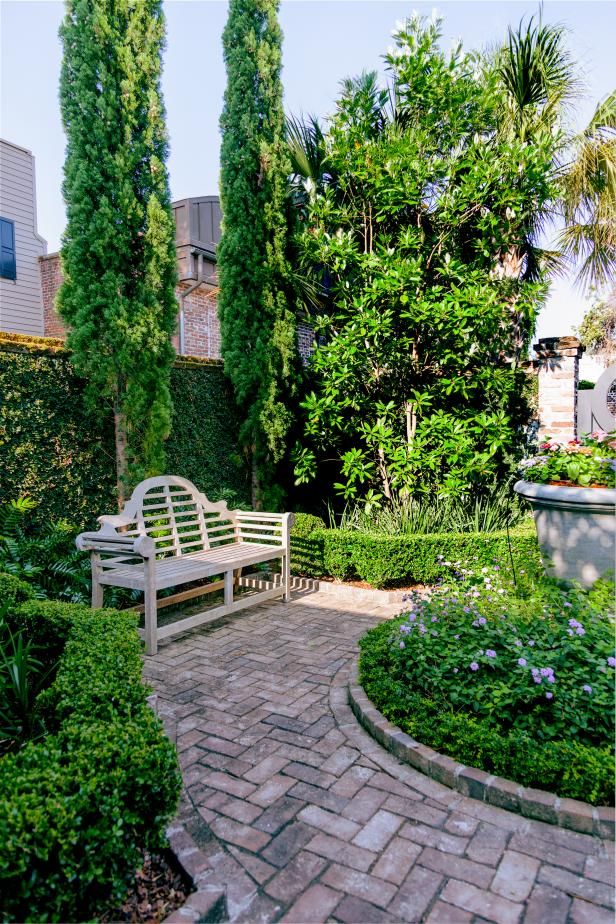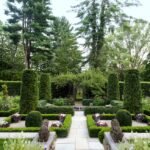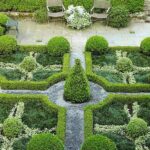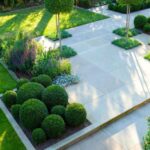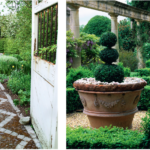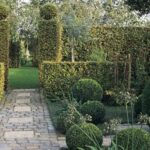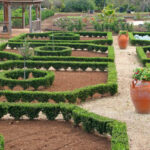Formal garden design is a classic and timeless approach to creating elegant outdoor spaces. Characterized by symmetry, balance, and carefully manicured plantings, formal gardens offer a sense of order and sophistication. The origins of formal garden design can be traced back to the Renaissance era in Europe, when wealthy landowners and royalty sought to showcase their status and wealth through meticulously planned and cultivated gardens.
One of the key features of formal garden design is the use of geometric shapes and patterns. Symmetrical layouts, such as those found in French and Italian gardens, are common in formal garden design. Straight paths, neatly trimmed hedges, and carefully placed topiaries help create a sense of structure and organization within the space. These geometric elements not only add visual interest but also create a sense of harmony and balance.
In a formal garden, plantings are often carefully selected and maintained to complement the overall design scheme. Shrubs and trees are pruned to maintain a neat and uniform appearance, while flowers are often arranged in geometric patterns or neatly clipped hedges. Classic plant choices for formal gardens include boxwood, yew, roses, and lavender, all of which can be easily shaped and controlled to fit the desired aesthetic.
Water features, such as fountains, reflecting pools, and formal ponds, are also common in formal garden design. These elements add a sense of tranquility and elegance to the space, while also providing a focal point for the eye. Water features can be used to create visual interest and draw visitors deeper into the garden, enhancing the overall experience of the space.
In addition to plantings and water features, formal gardens often incorporate architectural elements such as statuary, columns, and pergolas. These structures serve as focal points within the garden, adding a sense of grandeur and sophistication. Pergolas can provide shade and structure to outdoor seating areas, while statuary and columns add a sense of history and tradition to the space.
Overall, formal garden design offers a timeless and elegant approach to outdoor landscaping. By incorporating geometric shapes, carefully cultivated plantings, water features, and architectural elements, formal gardens create a sense of harmony, balance, and sophistication. Whether inspired by the classic gardens of Europe or taking a more modern approach, formal garden design is sure to impress and delight visitors for generations to come.
 yishifashion Where Outdoor Dreams Become Reality
yishifashion Where Outdoor Dreams Become Reality
